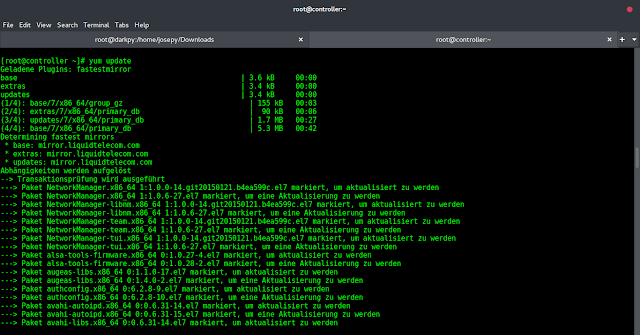The getId() method of java.time.chrono.HijrahChronology class is used to retrieve the identification status for the particular chronology for which getId() method is revoked.
Syntax:
public String getId()
Parameter: This method does not accept any argument as a parameter.
Return Value: This method returns the identification status for the particular chronology for which getId() method is revoked.
Below are the examples to illustrate the getId() method:
Example 1:
// Java program to demonstrate// getId() method import java.util.*;import java.io.*;import java.time.*;import java.time.chrono.*; public class GFG { public static void main(String[] argv) { // creating and initializing // HijrahDate Object HijrahDate hidate = HijrahDate.now(); // getting HijrahChronology // used in HijrahDate HijrahChronology crono = hidate.getChronology(); // getting id of this Chronology // by using getId() method String id = crono.getId(); // display the result System.out.println("id : " + id); }} |
id : Hijrah-umalqura
Example 2:
// Java program to demonstrate// getId() method import java.util.*;import java.io.*;import java.time.*;import java.time.chrono.*; public class GFG { public static void main(String[] argv) { // creating and initializing // HijrahDate Object HijrahDate hidate = HijrahDate.now( Clock.systemDefaultZone()); // getting HijrahChronology // used in HijrahDate HijrahChronology crono = hidate.getChronology(); // getting id of this Chronology // by using getId() method String id = crono.getId(); // display the result System.out.println("id : " + id); }} |
id : Hijrah-umalqura
Reference: https://docs.oracle.com/javase/9/docs/api/java/time/chrono/HijrahChronology.html#getId–

